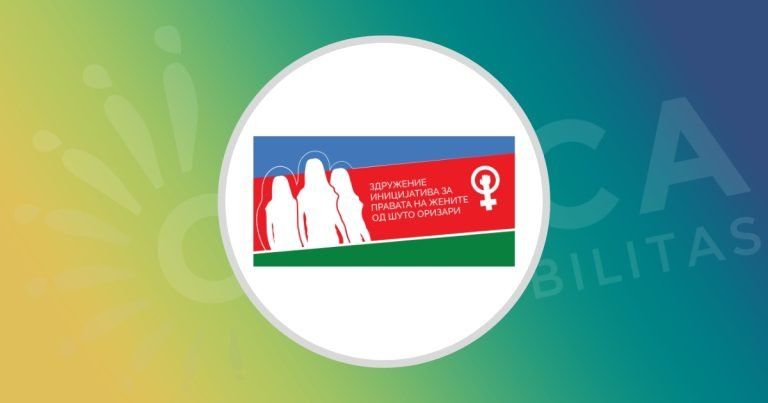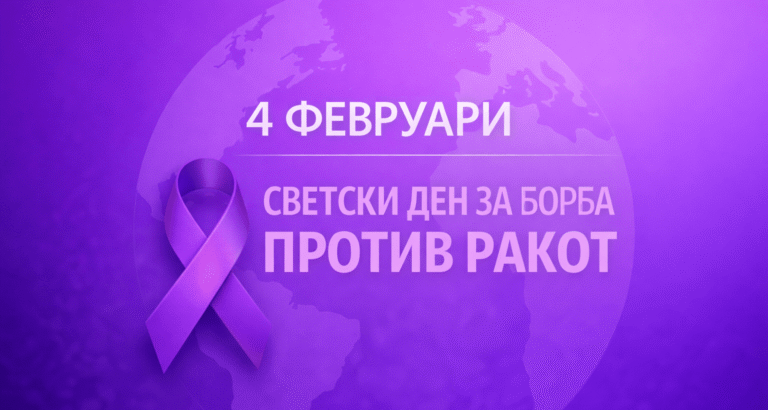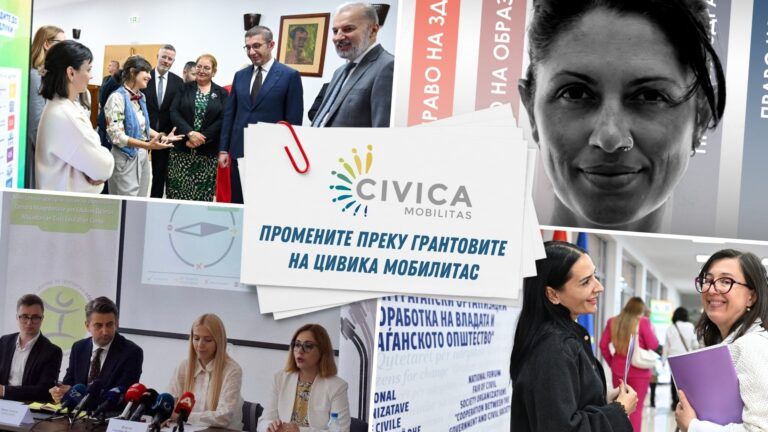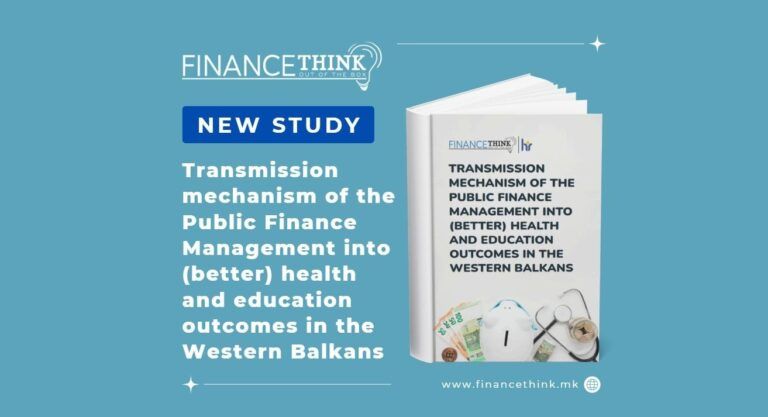Second cybersecurity training for civil society organizations
On May 7, 2025, the Metamorphosis Foundation organized a one-day training on improving cybersecurity in civil society organizations. The training was aimed at civil society organizations that actively work with vulnerable categories of citizens and face increased risks in the digital space.
Fifteen representatives of civil society organizations had the opportunity to learn about the concept of digital fingerprinting, the importance of antivirus protection, creating and maintaining strong passwords, using password managers, as well as practical advice for strengthening cybersecurity and developing habits for regular cyber hygiene.
This training is part of the project “CyberShield: Empowered Citizens for Cyber Resilience,” which aims to increase the awareness and resilience of citizens and organizations to cyber threats, through education, public information, and practical resources. The project envisages three such trainings, the first of which was held on April 9, while the last, third training, will be held on June 4. In addition to the trainings, the project will also prepare podcasts and videos to promote public awareness and understanding of the importance of cybersecurity.
The aim of the project is to emphasize the importance of regular cyber hygiene and effectively dealing with cyber threats such as phishing, social engineering, malware, identity theft, etc. Through joint efforts, the project aims to ensure that these topics receive adequate attention, resources, and responses to the challenges brought by the digital age.
The project “CyberShield: Empowered Citizens for Cyber Resilience” is supported by the National Interventions grant for the regional project “SMART Balkans—Civil Society for Shared Society in the Western Balkans” implemented by Centar za promociju civilnog društva (CPCD) (Center for Civil Society Promotion), Center for Research and Policy Making (CRPM) and the Institute for Democracy and Mediation (IDM), and financially supported by the Ministry of Foreign Affairs of the Kingdom of Norway.




![[Aggregator] Downloaded image for imported item #43795](https://civicamobilitas.mk/wp-content/uploads/2026/01/611149509_1571871173934400_3927165331577291092_n-2-768x512.jpg)


